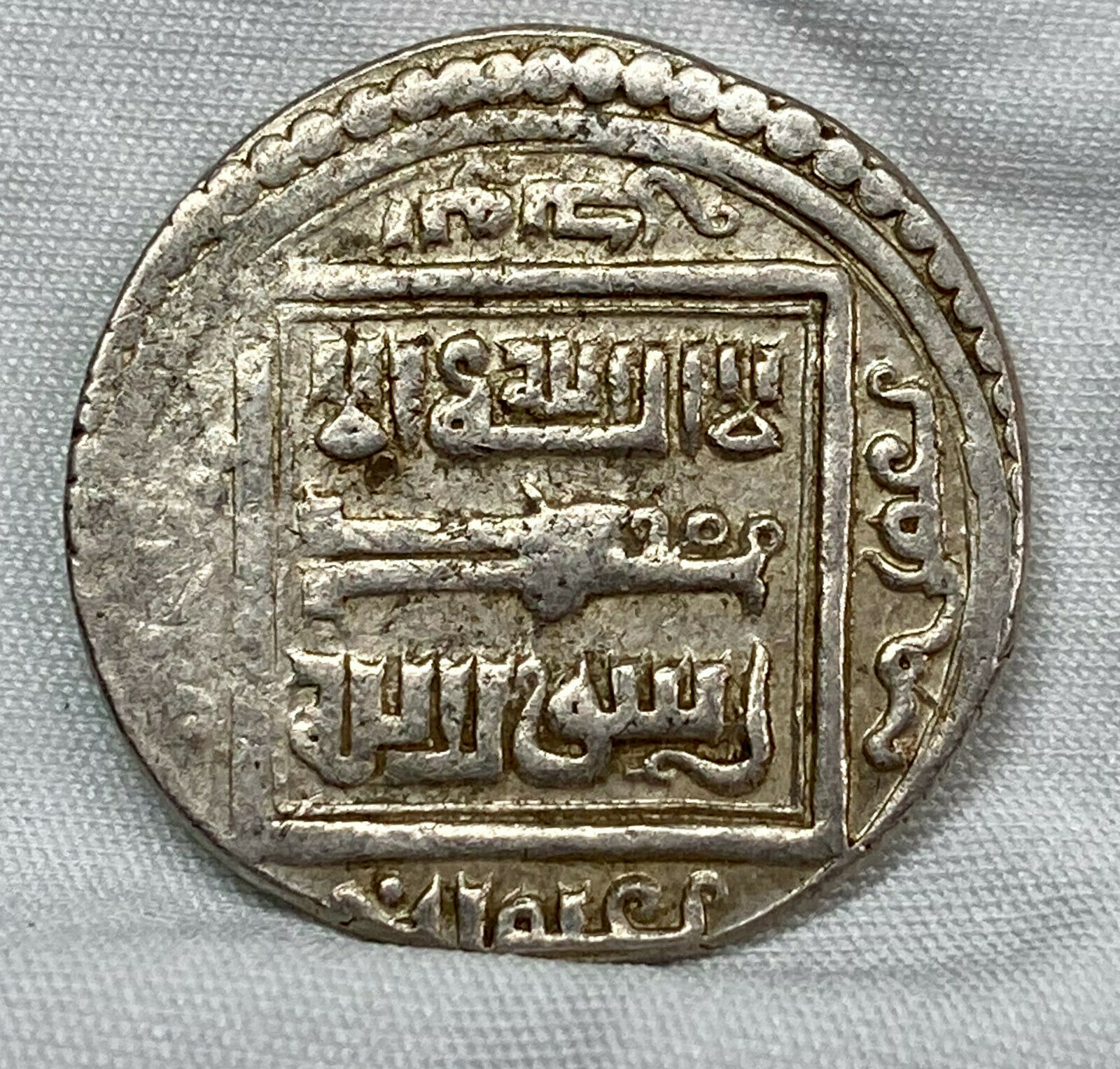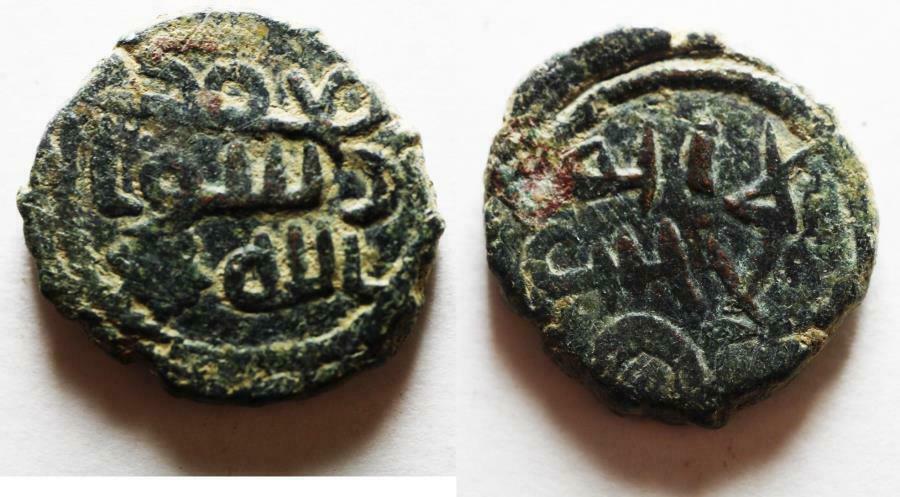-40%
1323 Ilkhanid Mongols Abu Said AR Dragon Double Dirhem Baghdad Mint AU
$ 39.6
- Description
- Size Guide
Description
Ancient Coins Guaranteed AuthenticFree Domestic Shipping
All International Shipping Combined
International Shipping Free For Purchases over ,000
Returns, when due to damaged goods, are undestood. But if you're "changing you're mind, cause you just didn't like it," don't. You will be immediately blocked.
THE Ilkhanids (1256-1335 AD)
The Ilkhanate, also spelled Il-khanate (Persian: ایل خانان, Ilxānān), known to the Mongols as Hülegü Ulus (Mongolian: Хүлэгийн улс, ᠬᠦᠯᠦᠭ ᠦᠨᠤᠯᠤᠰ, Hu’legīn Uls)[6] was a khanate established from the southwestern sector of the Mongol Empire. The Ilkhanid realm, officially known as Iranzamin (lit. 'land of Iran'),[7][8] was ruled by the Mongol House of Hulagu. Hulagu Khan, the son of Tolui and grandson of Genghis Khan, inherited the Middle Eastern part of the Mongol Empire after his brother Möngke Khan died in 1260. Its core territory lies in what is now part of the countries of Iran, Azerbaijan, and Turkey. At its greatest extent, the Ilkhanate also included parts of modern Iraq, Syria, Armenia, Georgia, Afghanistan, Turkmenistan, Pakistan, part of modern Dagestan, and part of modern Tajikistan. Later Ilkhanate rulers, beginning with Ghazan in 1295, converted to Islam. In the 1330s, the Ilkhanate was ravaged by the Black Death. Its last khan Abu Sa'id died in 1335, after which the khanate disintegrated. The Ilkhanid rulers, although of non-Iranian origin, tried to advertise their authority by tying themselves to the Iranian past, and they recruited historians in order to present the Mongols as heirs to the Sasanians (224–651 AD) of pre-Islamic Iran.[9]













